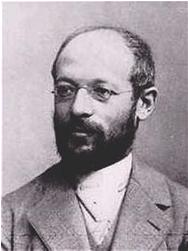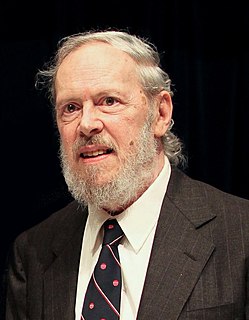A Quote by Georg Simmel
For the metropolis presents the peculiar conditions which are revealed to us as the opportunities and the stimuli for the development of both these ways of allocating roles to men.
Quote Topics
Related Quotes
Confusion conditions activity, which conditions consciousness, which conditions embodied personality, which conditions sensory experiences, which conditions impact, which conditions mood, which conditions craving, which conditions clinging, which conditions becoming, which conditions birth, which conditions aging and death.
The various roles we incorporate into the criminal justice system as well as the ways in which we construe such roles, lend themselves to the kind of ethical reflection that is open to us all. That said, once we have determined roles and their contours, those who act within them may have special duties and privileges that others may lack. Specific roles may generate ethical inquiries with novel forms, just as new technologies may push us in new directions.
Both in the US and throughout the world, there needs to be a growing presence of public development banks. These banks would make loans based on social welfare criteria - including advancing a full-employment, climate-stabilization agenda - as opposed to scouring the globe for the largest profit opportunities regardless of social costs.... Public development banks have always played a central role in supporting the successful economic development paths in the East Asian economies.
In the planning and designing of new communities, housing projects, and urban renewal, the planners both private and public, need to give explicit consideration to the kind of world that is being created for the children who will be growing up in these settings. Particular attention should be given to the opportunities which the environment presents or precludes for involvement of children both older and younger than themselves.
There are actually two separate issues here. The first is whether (as ancient philosophers and Nietzsche assume) only the privileged elite can live a worthwhile life. The second is whether it's possible to fulfill the roles of both serious artist and upstanding citizen. It seems to me that philosophy can dissect both questions, by delineating clearly the anatomy of the good life and the structural conditions of the roles.





































